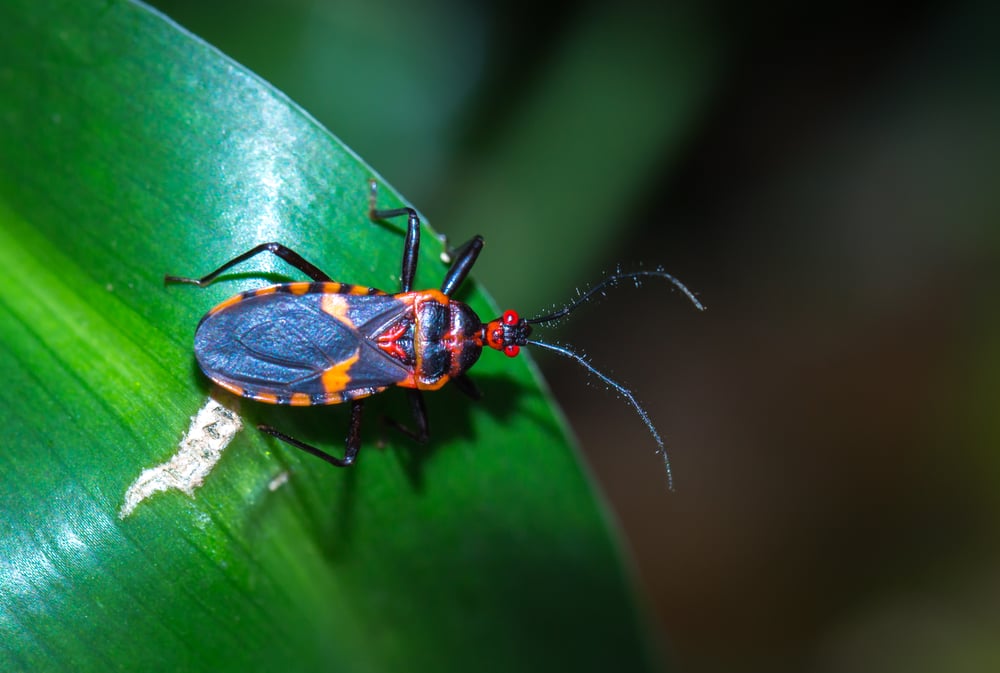Chagas disease is an inflammatory, infectious disease caused by a parasite found in the feces of the triatomine (reduviid) bug. Chagas disease is common in South America, Central America and Mexico, the primary home of the triatomine bug. Rare cases of Chagas disease have been found in the southern United States, as well. Also called American trypanosomiasis, Chagas disease can infect anyone, but is diagnosed most often in children. Left untreated, Chagas disease later can cause serious heart and digestive problems.
Donor requirements for participation:
- You must be clinically diagnosed by a medical professional. Confirmation of the diagnosis and/or treatment must be verified with your physician.
- Be pre-screened to determine eligibility.
- You’re willing to donate plasma through the apheresis process.
- You must have a photo ID and be able to provide your social security number or proof of citizenship.
- You must be at least 18 years old.
- You must weight at least 110 lbs.
- You must disclose if you have ever been diagnosed with Hepatitis C and/or HIV.
For questions and concerns about requirements or participation, contact us at (833) GO-4-CURE.
Symptoms
The acute phase of Chagas disease, which lasts for weeks or months, is often symptom-free. Symptoms and signs that develop during the acute phase usually go away on their own. When signs and symptoms do occur, they are usually mild and may include: Swelling at the infection site, fever, fatigue, rash, body aches, eyelid swelling, headache, loss of appetite, nausea, diarrhea or vomiting, swollen glands, and enlargement of your liver or spleen.
If left untreated, the infection persists and, in some cases, advances to the chronic phase. Signs and symptoms of the chronic phase of Chagas disease may occur 10 to 20 years after initial infection, or they may never occur. In severe cases, symptoms include: Irregular heartbeat, congestive heart failure, sudden cardiac arrest, difficulty swallowing due to enlarged esophagus, and abdominal pain or constipation due to enlarged colon.
Treatment for Chagas disease focuses on killing the parasite and managing signs and symptoms. During the acute phase of Chagas disease, the prescription medications benznidazole and nifurtimox may be of benefit. Both drugs are available in the regions most affected by Chagas disease. In the United States, however, the drugs can be obtained only through the Centers for Disease Control and Prevention. Once Chagas disease reaches the chronic phase, medications won’t cure the disease. But the drugs may be offered to people under 50 because they may help slow the progression of the disease and its most serious complications.
This information is not meant for clinical diagnosis, but as an educational resource derived from Mayo Clinic.
Discovering that you have been infected with a disease can be overwhelming with many unanswered questions and concerns. One that may come to mind is “how can I help someone else that may go the same process and struggles that I have experienced?” You can help by becoming a Specialty Antibody donor!
Participating in research allows scientists and clinicians find new treatments, tests and quicker diagnostic methods to improve patient outcomes and, hopefully, prevent the disease from spreading.


DO NOT SELL OR SHARE MY INFORMATION
M-Th: 7 AM - 3 PM
F: 8:30 AM - 10:30AM
M-F: 7:30 AM - 3:30 PM
Programs:
Bone Marrow, Whole Blood, White Blood Cells
M-F: 6:00 AM - 12:00PM
Programs:
Whole Blood, White Blood Cells
M-Th: 7 AM - 3 PM
F: 7 AM - 12 PM
Programs:
Whole Blood
M-Th: 8:30 AM - 3 PM
F: 8:30 AM - 12 PM
Programs:
Whole Blood, Plasmapheresis
M-Th: 7 AM - 3 PM
F: 8:30 AM - 1:00 PM
Programs:
Whole Blood, Plasmapheresis, White Blood Cells